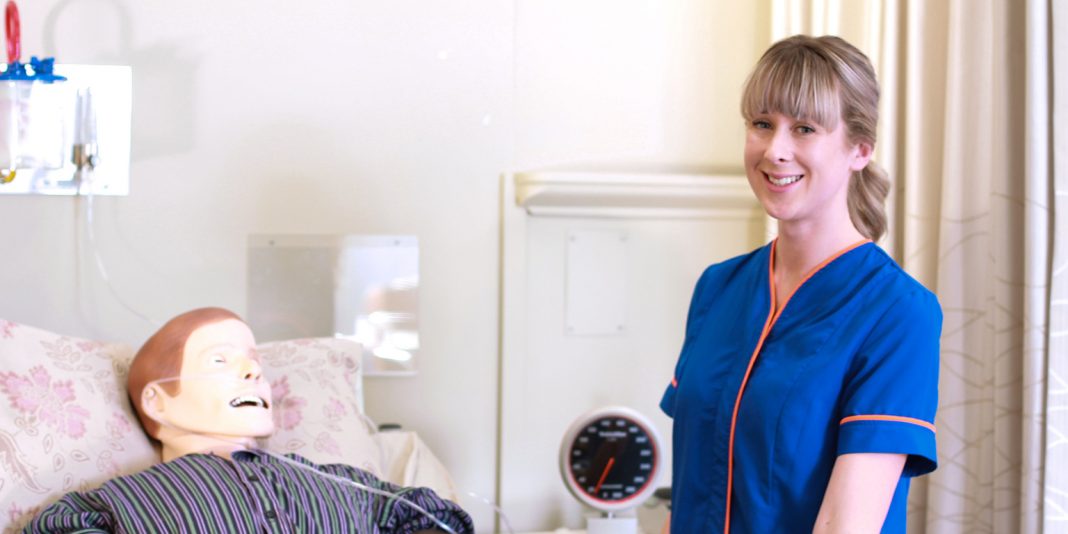I called for help. The nurse, who was diligently waiting outside, rushed into the shower room just in time to catch me as I lost consciousness.
This is not an uncommon scenario for a postoperative patient on a surgical ward. However, for me this was a new experience. No longer was I the eager third-year student trying to lend a helping hand wherever possible. This time, I was the patient.
When I reflect on all I have learnt so far about being a nurse and providing care, I think my experience as a patient taught me one of my most invaluable lessons. As I lay there on the floor that day, I could truly understand how vulnerable it can feel to be a patient.
My experience reminded me of the time I was involved in the care of Rachel* a healthcare assistant of 20 years. Rachel really struggled with the concept of being the patient. She cried as she explained to me that she had always been the one to provide care, and was struggling to accept help. She hated the fact that she could no longer go to the toilet without some assistance. She felt extremely vulnerable.
From day one of our nursing education we are taught that patient-centredness forms the foundation of care. We are taught that in order to provide the best care possible we need to form partnerships with our patients – partnerships based on empowerment and active participation.
When I was a patient, it was important to me that I was informed of my own treatment plan. So when my nurse promptly explained why I had fainted and what they were going to do about it, I felt understood and empowered.
To Rachel, being an active participant meant doing as much of the care as possible for herself. It was therefore our responsibility, as providers of care, to enable and support her independence. It was important that we recognised what mattered to Rachel.
I now better understand the significance of the nurse-patient partnership and how empowering it is to be an active participant in your own care. I consider learning this lesson to be the silver lining of my patient experience, and I hope it will enable me to provide more empathetic, individualised care.
*Not her real name






















